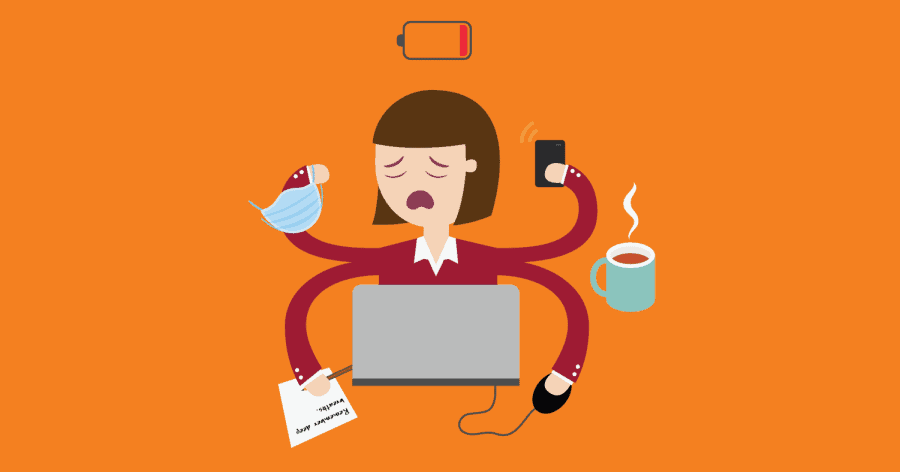‘I feel so alone’: Students, experts discuss mental health during COVID-19
September 27, 2020
In March of this year, students were sent home for what was supposed to be an extended spring break. It is now September, and some students find themselves struggling with the stress and isolation of this seemingly endless vacation.
With the weight of the pandemic’s economic and social consequences comes a concern that students are merely completing assignments for the sake of due dates and not retaining any of the information. Greg Vander Wal, executive director of the University of Alabama’s Counseling Center, said that 60% of students using Counseling Center services are doing so because of a lack of focus in class and stress over academics.
“We know that stress can increase when we face undesired circumstances, sudden change and uncertainty, which is exactly what COVID-19 has brought to our world,” Vander Wal said. “It is understandable that students may have more difficulty coping with this on top of the usual rigor of the college environment.”
Beside the given stress of school work and watching the nation in crisis, students must also attempt to navigate the tricky landscape of social but socially distant interactions. Some students, like Margaret Bearjar, a junior majoring in psychology, feel isolated and depressed because of the combination of stress and not being able to have those human interactions that can relieve stress.
“I feel so shut off from everyone, and I feel so alone, like I have no one,” Bearjar said.
While it may be easy to feel this way when social distancing is still in effect, there are ways to interact with others and still follow guidelines. The Division of Student Life’s University Programs department offers what are known as Engagement Pods. These pods meet once a week and discuss books, movies and any other interests within the group. However, numbers are limited to maintain distancing guidelines.
If a student is concerned about meeting in person, The Source website is a place to join any of thousands of organizations, all of which are holding online meetings right now. If a student has any particular interest or hobby, The Source probably has an organization for it. If not, students are allowed to create their own organizations as long as they have a few other people to join.
As for meeting with existing friends, some students have quickly acclimated to Zoom and are using it for card nights, movie nights or weekly calls to catch up.
Frances Buntain, a sophomore majoring in mechanical engineering pointed out the need for alternate ways of socializing.
“During a school year where physical contact is limited, we must find other ways to keep in touch,” Buntain said.
The UA Counseling Center is currently offering same-day 30 minute consultations with a therapist. To use these services, students can call the counseling center at 8 a.m. and schedule an appointment for later that same day.
The Counseling Center has shifted its appointments to virtual sessions as well as in-person sessions to accommodate those uncomfortable with coming to campus. They also offer specialized support groups for students in quarantine to mitigate the risk of spreading COVID-19 and for those who need assistance dealing with the stress of the pandemic.
“Thirty percent of students seeking services at the Counseling Center report that they are doing so because of concerns stemming directly from COVID-19,” Vander Wal said, noting a rise in the number of sessions at the Counseling Center.
While more students have taken advantage of the center’s resources, not all have been satisfied with its services. Bentley Harden, a senior majoring in creative advertising, recounted how her mental health specialist showed up late to her appointment and even failed to reach out to her to reschedule.
Some students cannot attend individual sessions with any regularity due to the $15 charge on their student account. Another issue is that calls with therapists are on a first-come, first-served basis, so if a student has a class at 8 a.m., the slots may all be filled by the time they can call to schedule an appointment.
If a student is having issues with or is unable to afford counseling services and is not in a mental health crisis, students like Alex Sato, a senior majoring in international studies, turn to self-care as a relaxation strategy for the day-to-day issues.
“I am putting more energy into focusing on my own happiness in a time where the world has been turned upside down,” Sato said.








